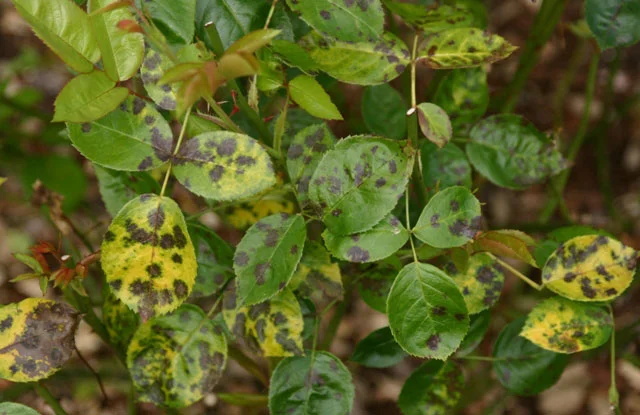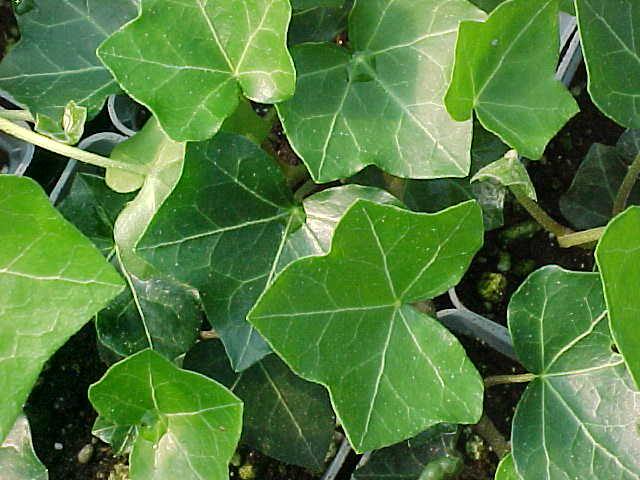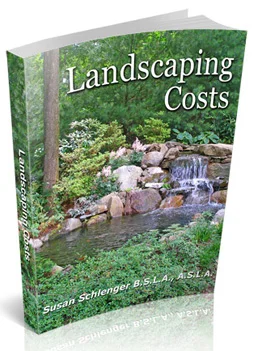Repelling and controlling mosquitoes. What works and what doesn't.
There is only one thing I dislike about my job as a garden designer in New York City…mosquitoes. Mosquitos seem particular rampant in the brooklyn brownstone gardens and manhattan townhouses that I design and build. Lack of air movement in these walled gardens contribute to this. Manhattan terrace gardens are devoid of this problem because they are windy sites.
Many of these brownstone gardens are shade gardens. Shade gardens contribute to the mosquito population with moist situations, organic material and standing water. Protecting yourself by covering exposed skin can only go so far. Your face, ear, neck and hands are still left unprotected at other times. I’ve tried various sprays. All I can say is “OFF” should be labeled “ON” because it does not work!
Citronella scented pelargoniums, thyme, candles, catmint, rosemary, marigolds, lemongrass do not work. If they did, then the gardens I build would be a safe haven as they contain many of these plants. But this is not the case. "Anti-mosquito plants are effective at keeping mosquitoes away from themselves, but they won't help you much" states Dr. Douglas W. Tallamy, entomologist at the University of Delaware.
Cherokee Indians smashed the roots of goldenseal (Hydrastis canadensis) into a pulp and mixed it with bear fat as a means to spread over the body for protection from insects. Western tribes of Native Americans used western yarrow (Achillea millefolium) as both a mosquito repellent and as a poultice to treat infected wounds. When used as a mosquito repellent, its leaves are placed on hot coals to make a smudge.
CLICK HERE FOR TIPS TO REPEL MOSQUITOES FROM YOUR GARDEN
*also known as “scented geraniums,” they are tender perennials and occur naturally almost entirely within South Africa. Most are frost tender in the northeast USA and need to be protected during the winter from temperatures in the low 30's (F) and below, and from excessive moisture when they are not in growth.







